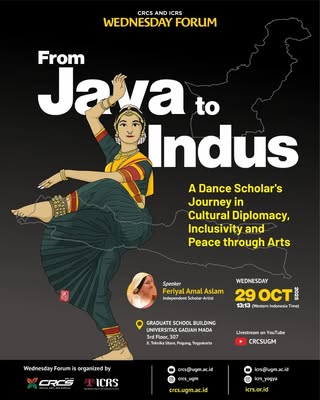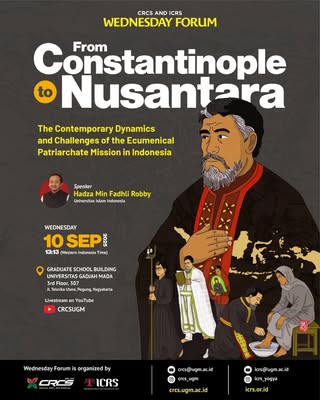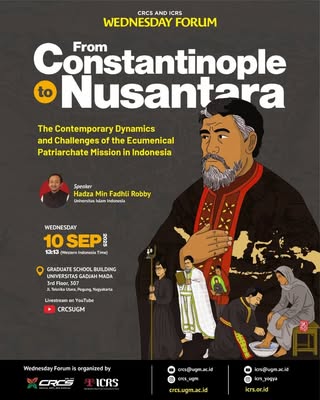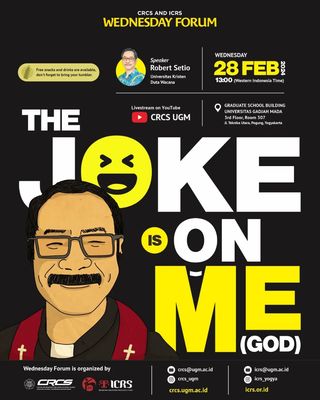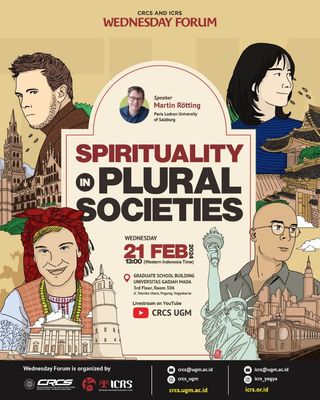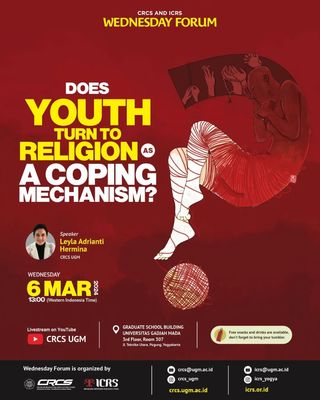
Dicky Sofjan, Titi Fitrianita & Imanuel Geovasky
Pernicious polarization, characterized by intense animosity, widespread societal impact, and severe consequences for democracy, poses a significant threat to democratic institutions and processes. Unlike less harmful forms of polarization, this condition is self-perpetuating and difficult to reverse. Research by McCoy et al. (2022) highlights the dangers of pernicious polarization, particularly in diverse societies like Indonesia, where political elites often exploit religious and cultural differences for political gain. This manipulation exacerbates societal divisions and undermines democratic principles.
Empirical studies, such as those by Carothers and O'Donohue (2019), consistently demonstrate a negative correlation between the intensity of polarization and the quality of liberal democracy. As polarization intensifies, it erodes cooperation, compromise, and trust, making it increasingly difficult to address societal challenges and maintain a stable political system. Indonesia seems to be “less polarized” than other nations, displaying a consistent movement towards politico-religious conservatism, a declining civil society, and the government’s rising inclination towards autocratic rule. Though this would be a piece of good news, the general trend does not always reflect what is happening on the ground.
Recent elections in Indonesia, including the 2014, 2019, and 2024 presidential elections, as well as the Jakarta gubernatorial elections of 2016-2017, have underscored the growing threat of politico-religious polarization to national unity and societal harmony. Research by Soderborg and Muhtadi (2021) highlights the dangers of political polarization, defined as deep societal divisions often rooted in ideology and identity. This polarization can erode democratic principles by hindering cooperation and compromise. Importantly, these divisions can emerge even in societies with low levels of partisan affiliation, emphasizing the role of mobilized resentments in fueling polarization. Dilmaghani (2020) further complicates the issue by introducing the concept of religious polarization, characterized by increasing homogeneity within religious groups and growing divergence between them. This dynamic intersects with political polarization, exacerbating societal tensions and undermining social cohesion.
Afrimadona (2021) highlights the crucial role of ideology in shaping Indonesian politics. While socioreligious factors have traditionally been central to understanding political divisions, it is increasingly evident that economic concerns are also driving voter behavior. This suggests a need for a more nuanced analysis of Indonesian politics that goes beyond traditional socio-religious divides. By incorporating ideological factors into our understanding, we can gain deeper insights into the complexities of the Indonesian political landscape.
Much of the existing literature and scholarship on polarization has been disproportionately focused on the definition, nature, and expressions of polarization in other countries and contexts. Many of these datasets and studies have also focused primarily on the problem of polarization in the United States of America. It is only recently that scholars have begun to show interest in other countries, including Indonesia. Therefore, this study intends to look into polarization in Indonesia, specifically politico-religious kinds of polarization in post-reform Indonesia.
The study reveals a decline in democratic norms and practices concurrent with the rise of politico-religious conservatism and the weakening of civil society. However, the research extends beyond this diagnosis by proposing strategies and policy innovations to mitigate politico-religious polarization. Notably, the study emphasizes the potential for peace education and civil society initiatives to promote peace and tolerance as crucial components of polarization reduction efforts. The project attempts to collect data and collate datasets on polarization through the collection of data from three locations: Yogyakarta, Surabaya, and Palembang. There were interviews conducted with different politico-religious groups to understand the polarization happening at the grassroots level.
The study found that polarization in Indonesia manifests in a complex and multifaceted manner, extending beyond the commonly perceived politico-religious divide. While these core issues remain central, the research uncovered a broader spectrum of polarizing factors that intersect and amplify societal divisions. Polarization is not confined to inter-religious relations but also manifests within religious groups. Doctrinal differences, leadership disputes, and power struggles can lead to internal divisions and conflicts, impacting broader societal dynamics. The rights and recognition of Indigenous peoples and their religious practices are often contested, leading to polarization between Indigenous communities and the dominant society. Conflicts over land rights, cultural preservation, and religious freedom contribute to these divisions.
It is essential to recognize that these issues are interconnected and often reinforce each other. For example, environmental degradation can disproportionately affect marginalized communities, exacerbating existing social and economic inequalities. Similarly, gender inequality can intersect with religious beliefs, creating complex challenges for women's rights advocates. By examining these diverse dimensions of polarization, the study provides a more comprehensive understanding of the underlying factors driving societal divisions in Indonesia. This knowledge is crucial for developing effective strategies to mitigate polarization and promote social cohesion.
There are also workshops on polarization and democratic decline being held by inviting experts, academics, researchers, NGO/CSO activists, and policymakers to help capture the situation of polarization in Indonesia. It is expected, then, that this study will help map elements and agents of polarization and depolarization, and generate several mitigating solutions coupled with suggested specific law reform and policy innovations.
Preliminary findings indicate that polarization in Indonesia is deeply embedded within the socioreligious fabric of society, rendering it a persistent force in the nation's political landscape. While the country's multiethnic and multireligious composition undeniably contributes to this challenge, it is essential to recognize that polarization is a complex phenomenon with varying manifestations across different regions. This "wicked problem" demands a multifaceted response that encompasses social engineering and a comprehensive overhaul of legal and policy frameworks that currently perpetuate social and political inequities.
Crucially, the intensity and nature of polarization in Indonesia exhibit significant contextual variations. Factors such as economic disparities, historical grievances, levels of education, urbanization, and the influence of local elites intersect to produce diverse polarization patterns. A nuanced understanding of these localized dynamics is imperative for developing effective mitigation strategies.
In addition, the “push and pull factors” of politico-religious polarization in post-reform Indonesia contribute to the polarization. One of the "push factors" is represented by the legal and regulatory framework that drives some individuals and communities to become victims of intolerance, discrimination, minoritization, criminalization, and persecution. It also covers the reasons why some components of society are "pushed" to participate in hate speeches, negative campaigns, and propaganda against underprivileged and vulnerable groups without proper control.
Meanwhile, the "pull factors" also consider that some groups, businesses, and political parties, at the national, provincial, and municipal levels, unite to deny the rights and dignity of the most vulnerable and marginalized populations and groups in society.
Photos of the field research in East Java and Palembang:

Photo 1: Interview with Indonesia Merayakan Perbedaan (IMP), at Pondok Pesantren Ahlus Shofa Wal Wafa, Sidoarjo, on June 20, 2024.

Photo 2: Interview with Ust. Tajul Muluk at Rumah Susun Puspo Argo, Sidoarjo, East Java, on June 22, 2024.

Photo 3: Interview with ECOTON (Ecological Observation and Wetland Conservations), in Gresik, on June 21, 2024.

Photo 4: Interview with Koalisi Masyarakat Sipil Anti Asap Provinsi Sumatera Selatan, in Palembang, on June 28, 2024.

Photo 5: Interview with Jamaah Ahmadiyah, in Palembang, June 28, 2024.

Photo 6: Documenting a classic manuscript at Kampung Arab Al Munawar, Palembang, on June 29, 2024.




